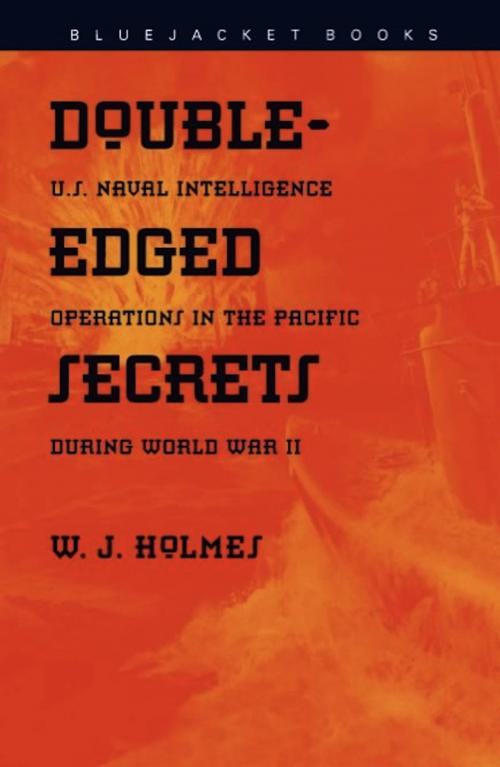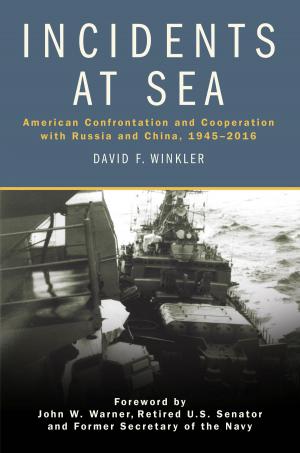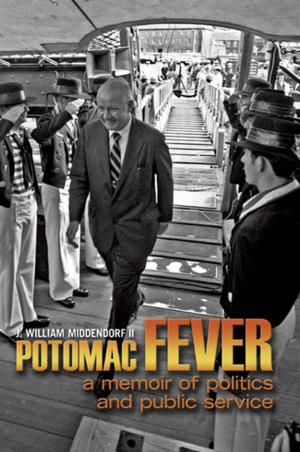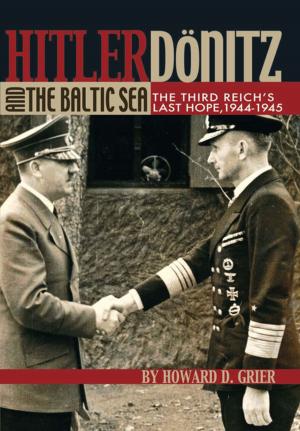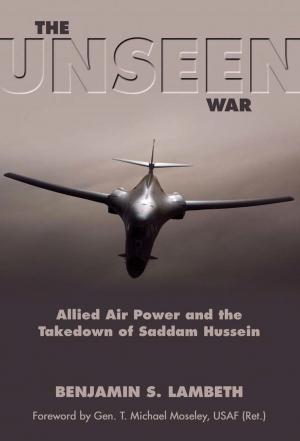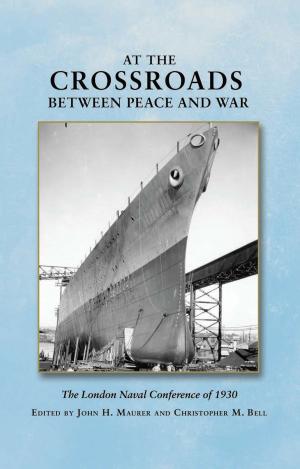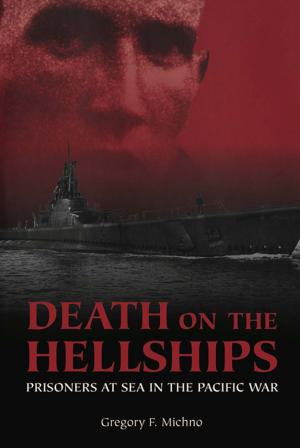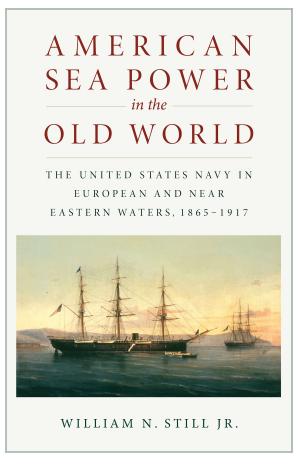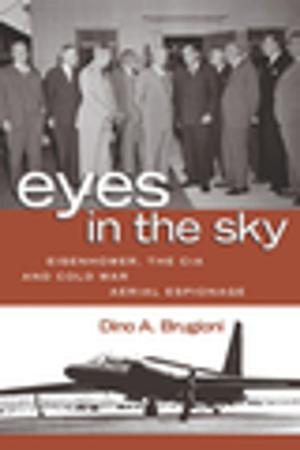Double Edged Secrets
U.S. Naval Intelligence Operations in the Pacific
Nonfiction, History, Military, World War II| Author: | W.J. Holmes | ISBN: | 9781612512556 |
| Publisher: | Naval Institute Press | Publication: | October 20, 2012 |
| Imprint: | Naval Institute Press | Language: | English |
| Author: | W.J. Holmes |
| ISBN: | 9781612512556 |
| Publisher: | Naval Institute Press |
| Publication: | October 20, 2012 |
| Imprint: | Naval Institute Press |
| Language: | English |
Assigned to the combat intelligence unit in Honolulu from June 1941 until the end of World War II, author W. J. Holmes was an important part of the naval organization that collected, analyzed, and disseminated intelligence information, and his compassionate understanding of the business of intelligence gathering is unique. Here, he not only captures the mood of the period but also gives rare insight into the problems and personalities involved. The reader comes to fully appreciate the painful moral dilemma faced daily by commanders in the Pacific once the Japanese naval codes were broken. Every time the Americans made use of the enemy messages they had decoded, they increased the probability that the Japanese would realize what had happened and change their codes, thereby causing the U.S. Pacific Fleet to lose a vital edge. Withholding the information, however, could - and sometimes did - result in the loss of American lives and ships. This illuminating study reveals not only the difficulties of collecting intelligence, but of deciding when to use it.
Assigned to the combat intelligence unit in Honolulu from June 1941 until the end of World War II, author W. J. Holmes was an important part of the naval organization that collected, analyzed, and disseminated intelligence information, and his compassionate understanding of the business of intelligence gathering is unique. Here, he not only captures the mood of the period but also gives rare insight into the problems and personalities involved. The reader comes to fully appreciate the painful moral dilemma faced daily by commanders in the Pacific once the Japanese naval codes were broken. Every time the Americans made use of the enemy messages they had decoded, they increased the probability that the Japanese would realize what had happened and change their codes, thereby causing the U.S. Pacific Fleet to lose a vital edge. Withholding the information, however, could - and sometimes did - result in the loss of American lives and ships. This illuminating study reveals not only the difficulties of collecting intelligence, but of deciding when to use it.
